The Knight Science Journalism Fellow sees a need for good reporting as technologies like AI and synthetic biology race ahead with little regulation.
Meet the KSJ Fellows: Laura Bliss
The Bloomberg CityLab reporter has spent the year at MIT discovering new interests, forming new friendships, and exploring her curiosity.
Meet the KSJ Fellows: Mary-Rose Abraham
The multimedia journalist has covered environmental issues in India for several years. Now, she’s looking at the topic through a new lens.
With ‘Baseline,’ John Sutter Examines Climate Change Through a New Lens
Over the next 30 years, the reporter and filmmaker will document environmental change as it unfolds in communities at the forefront of the climate crisis.
Meet This Year’s Fellows: Andrada Fiscutean
Fiscutean, a science and technology writer, is drawn to stories about people “building things out of thin air.” The best stories, she says, are not about “a person that has everything and creates everything, but [about] a person who has nothing, and manages to do something.”
This Year’s Fellows: Lisa De Bode
“My fellowship looks at how our bodies yield to power but also resist the demands of our time, language, and culture,” said De Bode. “My journalism explores how we build community, and improve the worlds we live in.”


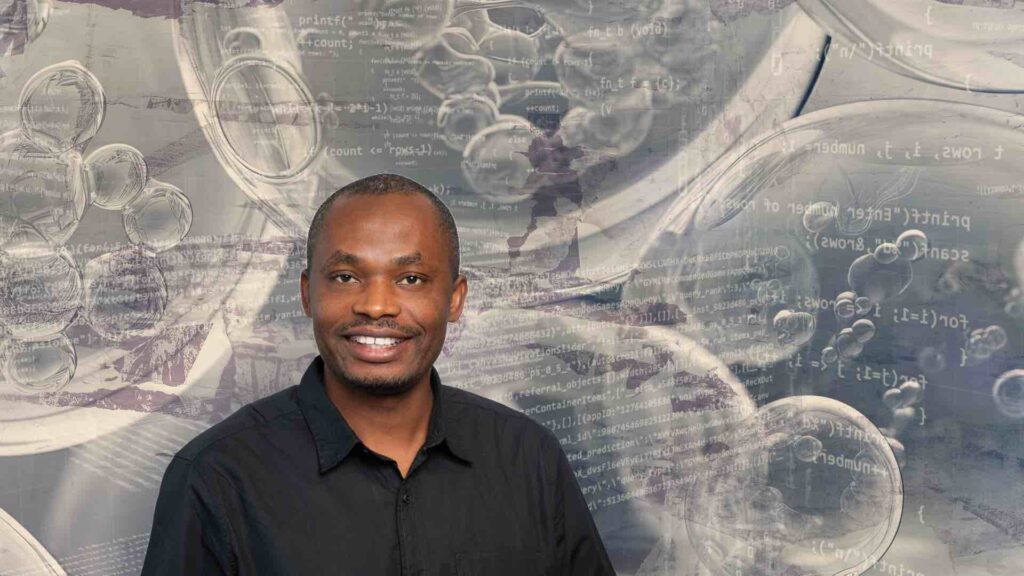 "
"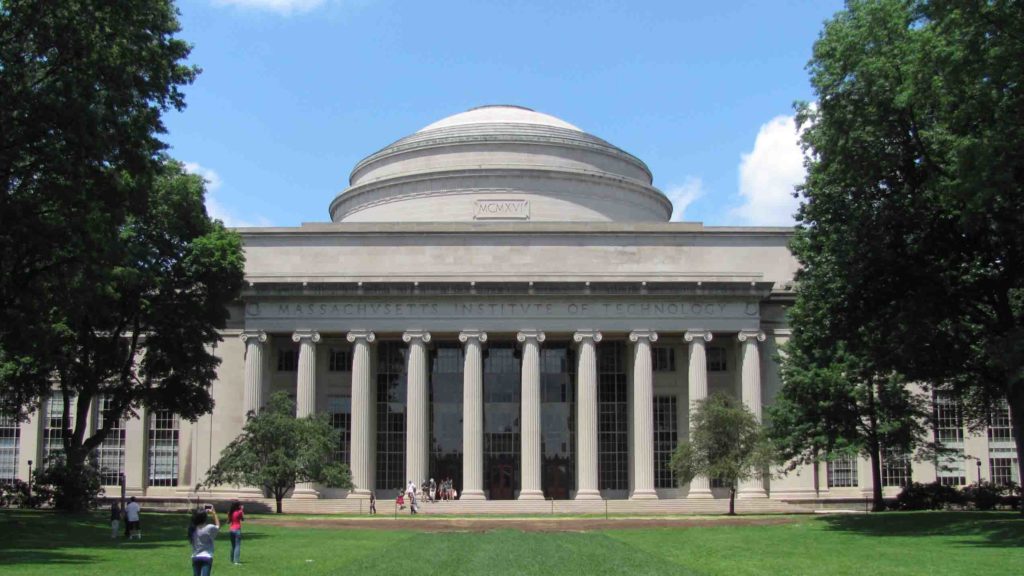 "
"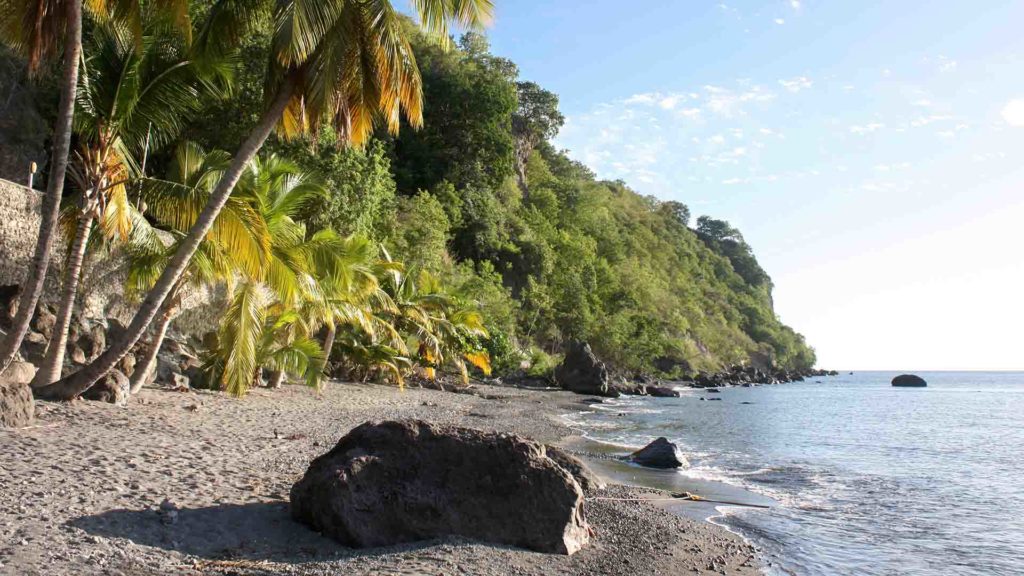 "
"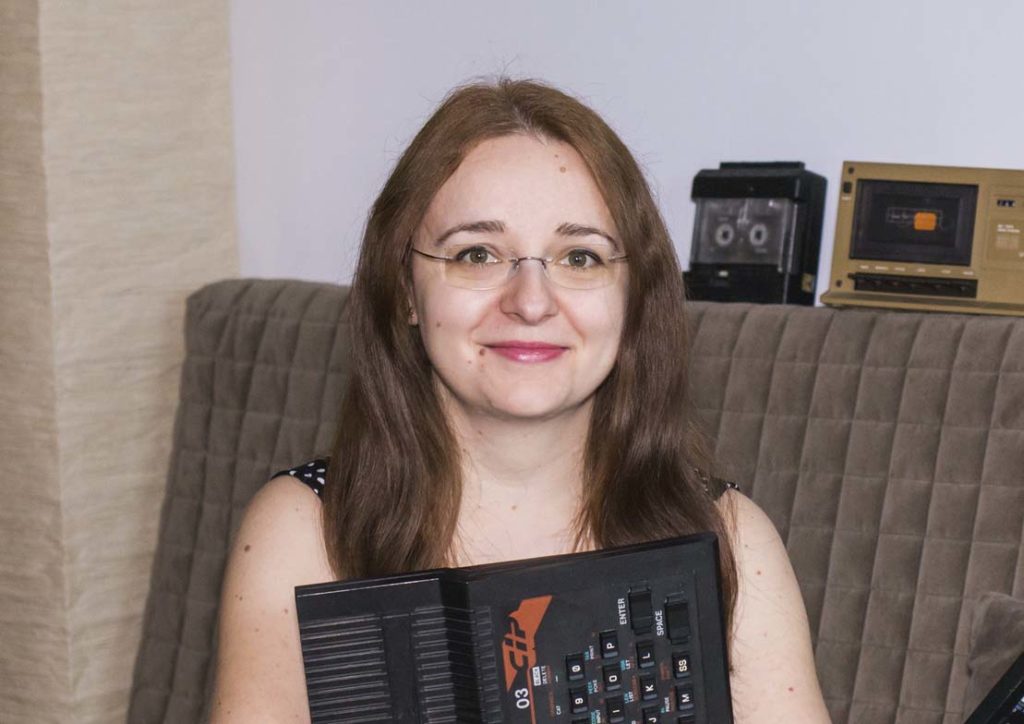 "
"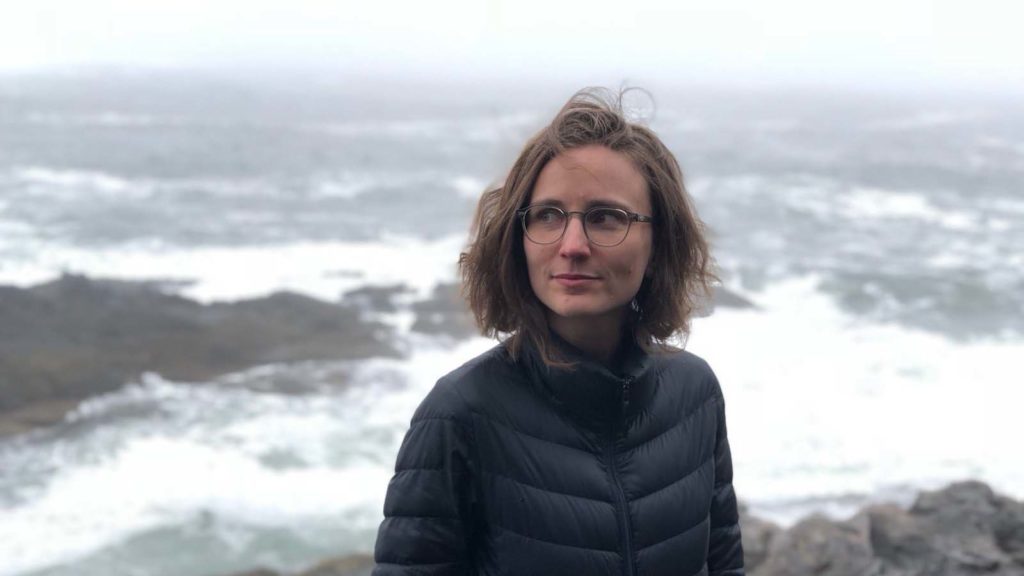 "
"